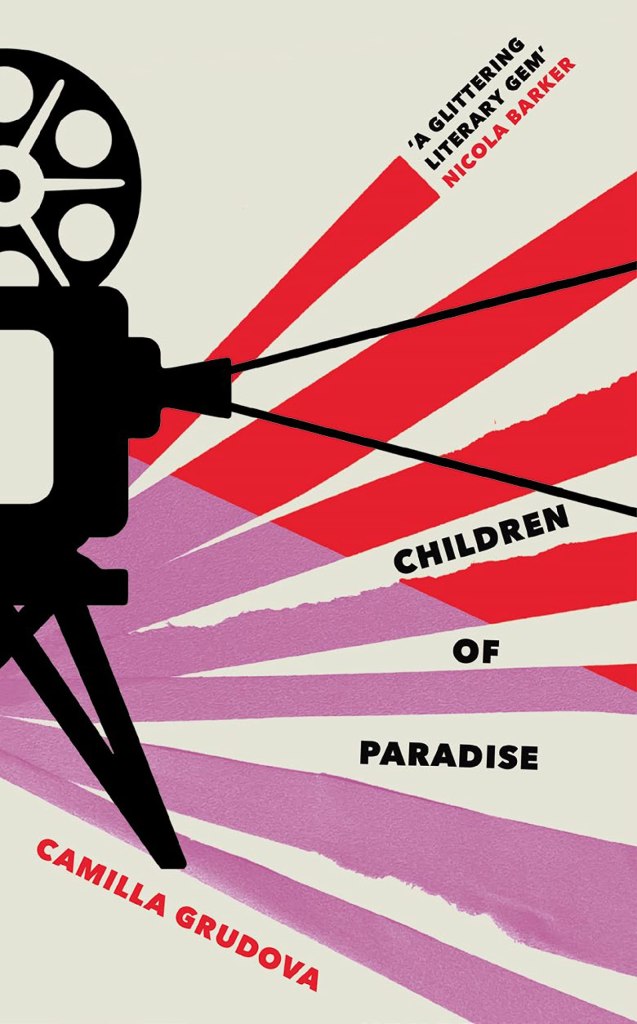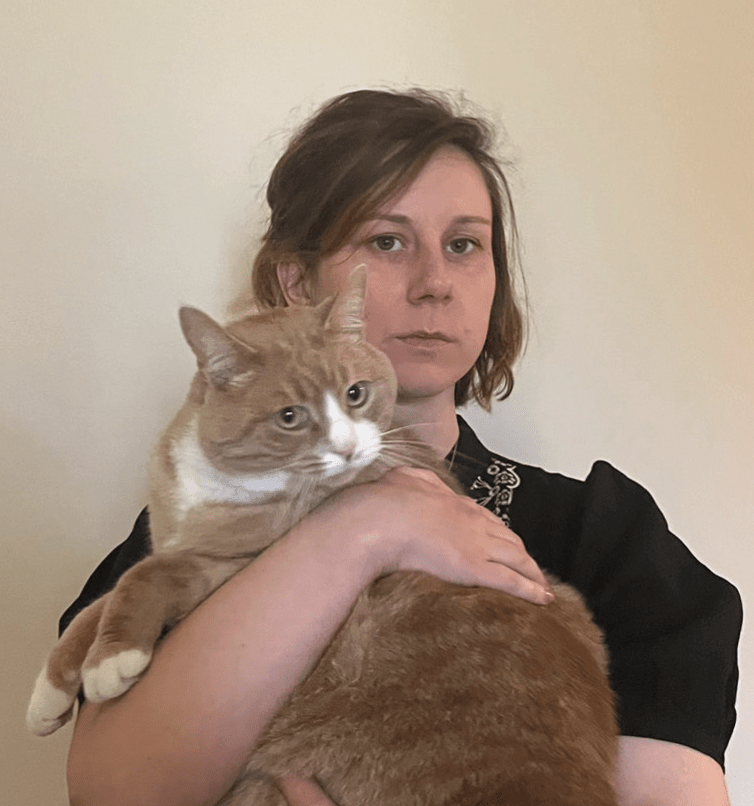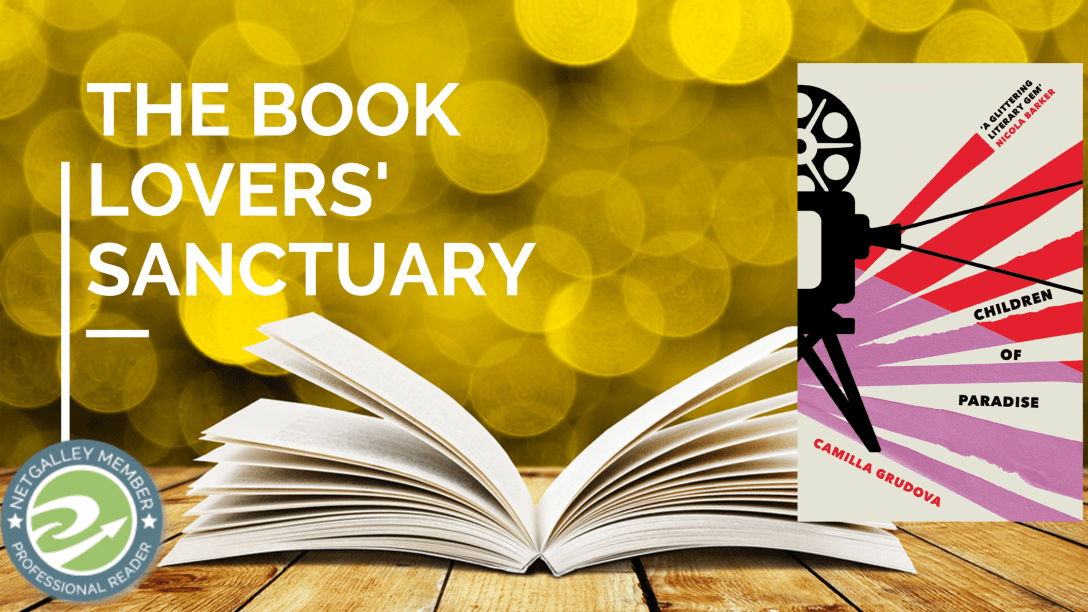
When Holly applies for a job at the Paradise – one of the city’s oldest cinemas, squashed into the ground floor of a block of flats – she thinks it will be like any other shift work. She cleans toilets, sweeps popcorn, avoids the belligerent old owner, Iris, and is ignored by her aloof but tight-knit colleagues who seem as much a part of the building as its fraying carpets and endless dirt. Dreadful, lonely weeks pass while she longs for their approval, a silent voyeur.
So when she finally gains the trust of this cryptic band of oddballs, Holly transforms from silent drudge to rebellious insider and gradually she too becomes part of the Paradise – unearthing its secrets, learning its history and haunting its corridors after hours with the other ushers. It is no surprise when violence strikes, tempers change and the group, eyes still affixed to the screen, starts to rapidly go awry…
This is an extraordinary and very strange and elegiacal novel, a nightmarish phantasm of a read: it celebrates classic cinema and its creativity and originality; it lambasts the homogenised sanitised experience of modern cinema; it is cruelly loving of its characters and almost lyrical in its palpable sense of decay. This was unlike anything that I have read in a while…
What I Liked
- The utter shabbiness of the cinema
- The unsettling blurring of the real and fiction
- The sharply bleak humour of the new corporate manager
What Could Have Been Different
Knowing how cruel authors can be with irony in their titles – deploying it with scalpel like precision – I was not expecting Holly and her co-workers to experience any sort of Edenic joy, but crikey does Grudova make the experience of working at, visiting or reading about the Paradise cinema supremely, almost poetically, grimy. Body fluids are amongst the detritus that we are confronted with in this rather unsettling novel.
Of course, cinemas are rather unsettling places at the best of times: gaudy and showy, an intersection between the real world and another – more unsettling perhaps than a theatre where there is a shared humanity at least and a relationship between the actors and the audience. The cinema is in contrast rather voyeuristic, and otherworldly as we are confronted by vast figures towering above us. What might happen if that screen were to be even slightly permeable? Grudova’s title, The Children of Paradise, is an obvious nod to Carné’s Les Enfants de Paradis – and she uses classic film titles in her chapter titles too – and that film like this novel explores the boundary between stage (or screen) and audience.
Taking up her job at the cinema somewhat on a whim and somewhat out of desperation, Holly is initially shunned by then accepted into the camaraderie of her co-workers. They bond through shared experiences with film – often staying after their shifts to watch other films, and putting on screenings of classics in one another’s grubby bedsits – and in contending with their manager Sally, the reclusive down-and-out owner of the cinema Iris, and the leaving of their customers both in the cinema aisles and seat and in the toilets. They subsist on left over junk food from the cinema and alcohol and a stash of stolen drugs. Beneath the glamour of its screenings, the cinema itself is horrifically grimy and run down, a juxtaposition that jars painfully.
Grudova does, however, seem to cherish this tawdriness, giving the cinema something of a life of its own. Despite the fact that it appears to be perched atop an open sewer, there are rumours of a second screen which despite exhaustive hunts is never found… but which Holly steps into once, and is invited into again, only for it to disappear. There is a magic to the place, and an authenticity to its reliance on analogue reels and its preference for classic films. So much so that it is impossible not to lament its being taken over half way through the novel by the local multiplex. The introduction of the corporate new manager was dealt with brilliantly – and with a bleak humour – and highlighted both what had been lost and the soullessness of modern cinema: bland, homogenised, sanitised.
The novel is, in many ways, a novel of decay. The Paradise itself is decaying; our characters are decaying; their relationships and grip on reality are decaying. And what is replacing it is soulless and vapid – and I found reading it to be very profound and bleak. But written with a language and style that – for all its blunt, Anglo-Saxon scatology – felt moving and lyrical. It was, and I keep coming back to the same word, a profoundly unsettling experience.
From what I have read of the Women’s Prize longlist so far, which admittedly is only four, I would not be surprised if this were to make the shortlist. It is more original and more challenging than many.
Camilla Grudova lives in Edinburgh. She holds a degree in Art History and German from McGill University, Montreal. Her fiction has appeared in The White Review and Granta.








[…] Children of Paradise, Camilla Grudova […]
LikeLike
[…] Children of Paradise, Camilla Grudova […]
LikeLike
[…] Children of Paradise […]
LikeLike